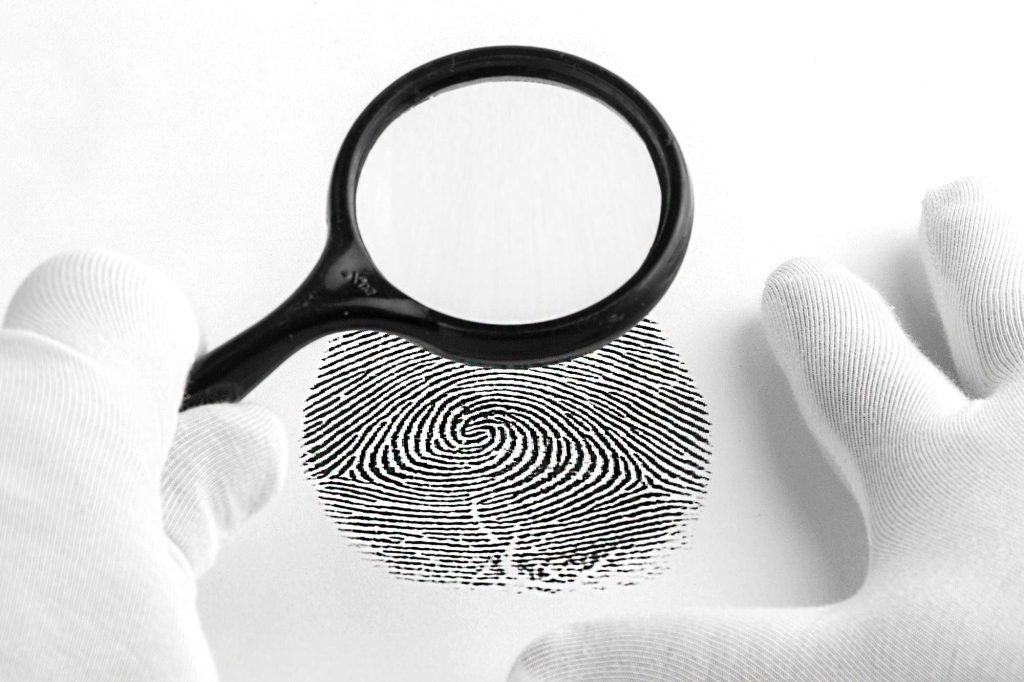Forensic voice analysis, a burgeoning field within the realm of forensic science, has emerged as a powerful tool in the pursuit of truth and justice. As technology advances, the importance of accurately discerning deceptive cues in spoken communication has become increasingly apparent. The human voice, with its unique cadence and tonal nuances, can now be scrutinized with sophisticated tools and algorithms, giving rise to a new era of truth verification. One of the primary applications of forensic voice analysis is in the realm of criminal investigations, where the veracity of statements made by suspects, witnesses, or victims is often pivotal. By examining various vocal parameters such as pitch, intonation, and speech rate, forensic experts can uncover subtle patterns that may indicate deception. Voice stress analysis, a subset of forensic voice analysis, focuses on detecting physiological changes in the voice that occur under stress. However, it is crucial to note that while these techniques have shown promise, they are not foolproof, and false positives can occur.

Ethical considerations also come into play, raising questions about the admissibility of such evidence in court and the potential infringement on individual privacy. The Adept Forensics forensic voice analysis utilization of forensic voice analysis extends beyond criminal investigations and into fields such as counterterrorism and corporate security. In an age where information is a valuable commodity, the ability to verify the authenticity of voice recordings or assess the credibility of spoken statements can have significant implications. Voice biometrics, a technology that identifies individuals based on their unique vocal characteristics, has gained traction in security applications, adding an extra layer of authentication in sensitive environments. As with any technological advancement, concerns about the potential misuse of such capabilities arise, prompting a careful balance between security needs and the protection of civil liberties. Despite the progress made in forensic voice analysis, challenges persist. The variability in human speech, cultural influences on communication patterns, and the potential for manipulation through voice modulation or deepfake technology all contribute to the complexity of this field.
Ongoing research and collaboration between experts in linguistics, psychology, and technology are essential to refining existing methodologies and developing more robust tools for voice analysis. Additionally, the legal system must adapt to accommodate the introduction of these technologies, ensuring that their application is transparent, fair, and subject to rigorous scrutiny. In conclusion, forensic voice analysis stands at the intersection of technology and justice, offering a promising avenue for uncovering deception and enhancing the reliability of information. As this field continues to evolve, it is imperative to strike a balance between harnessing its potential for societal benefit and addressing the ethical and legal considerations that come with the power to scrutinize the very fabric of human communication. The growing importance of forensic voice analysis underscores the need for a comprehensive and multidisciplinary approach to navigate the complexities of truth-seeking in a technologically advanced world.
